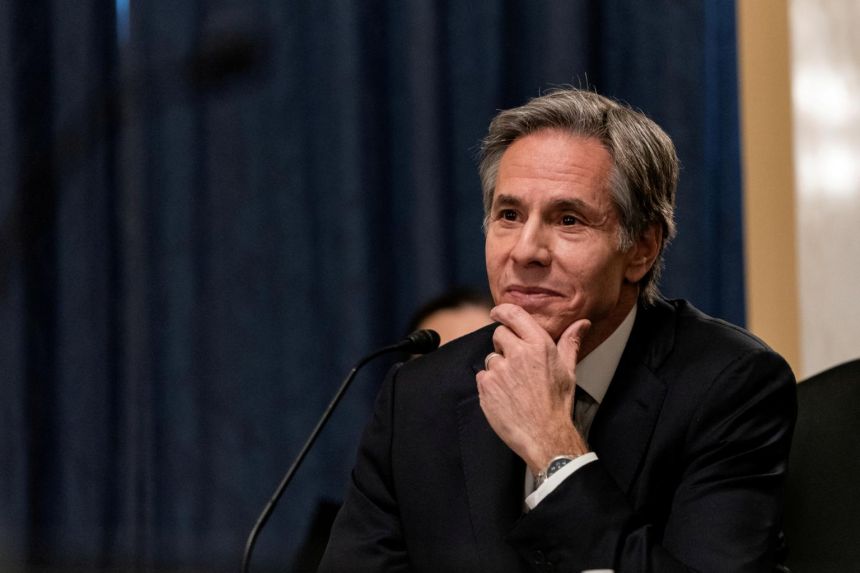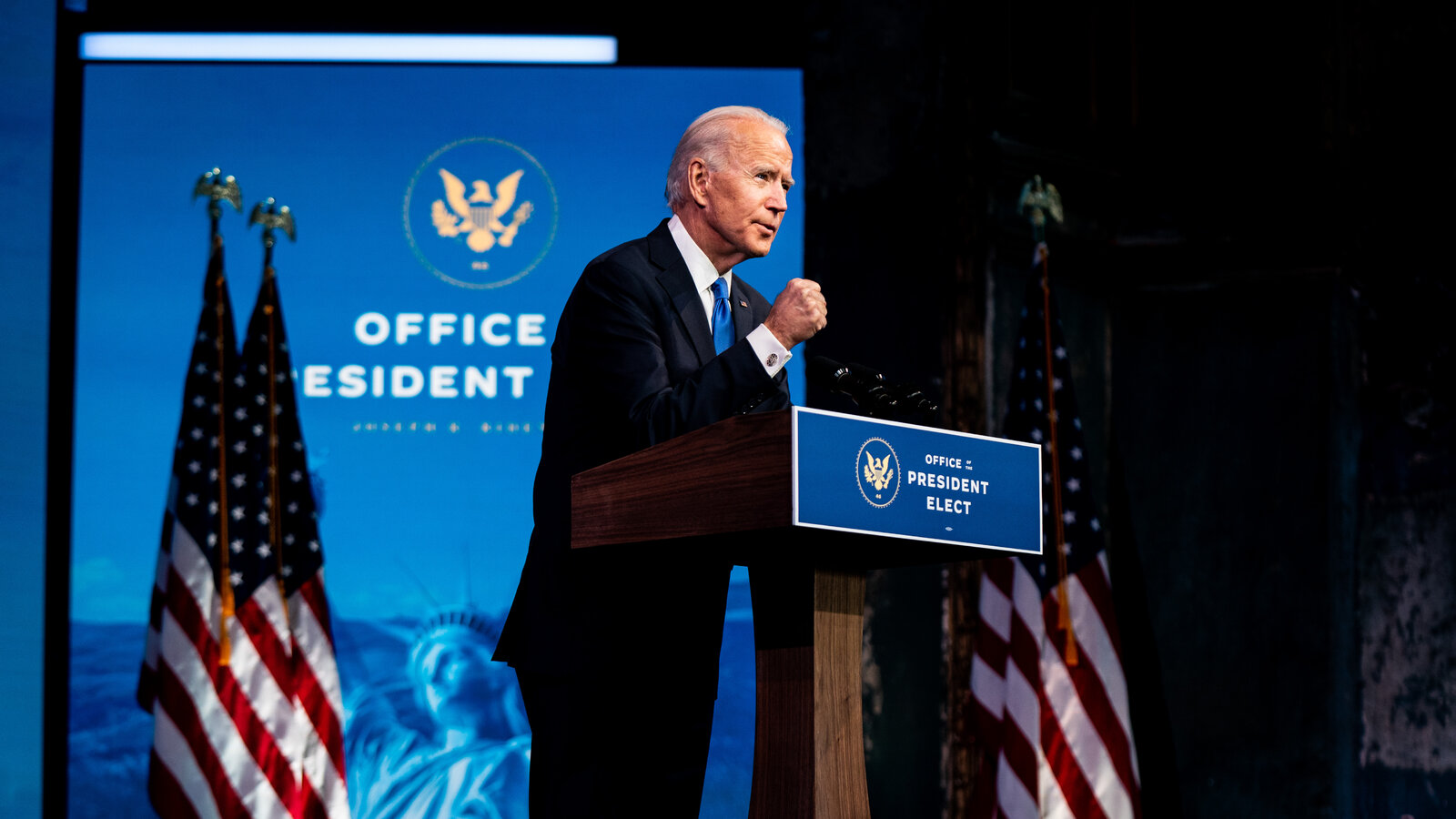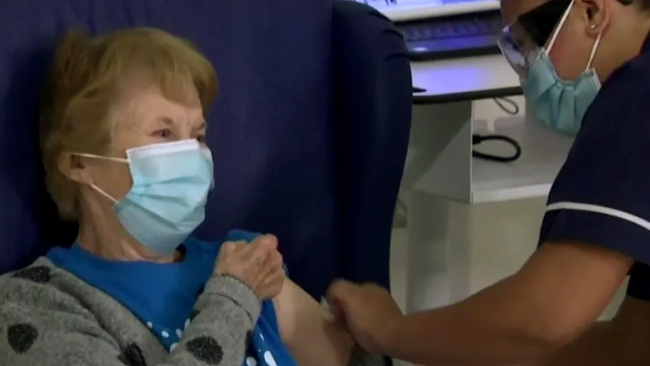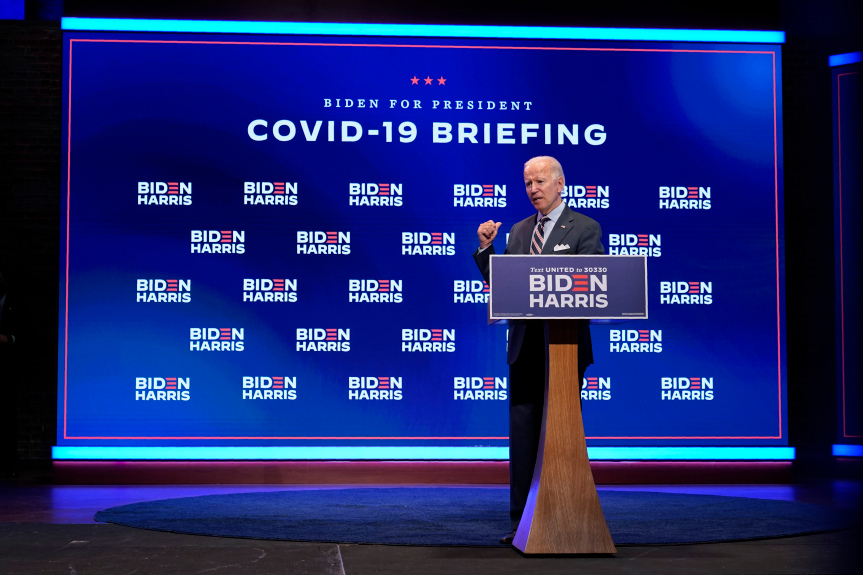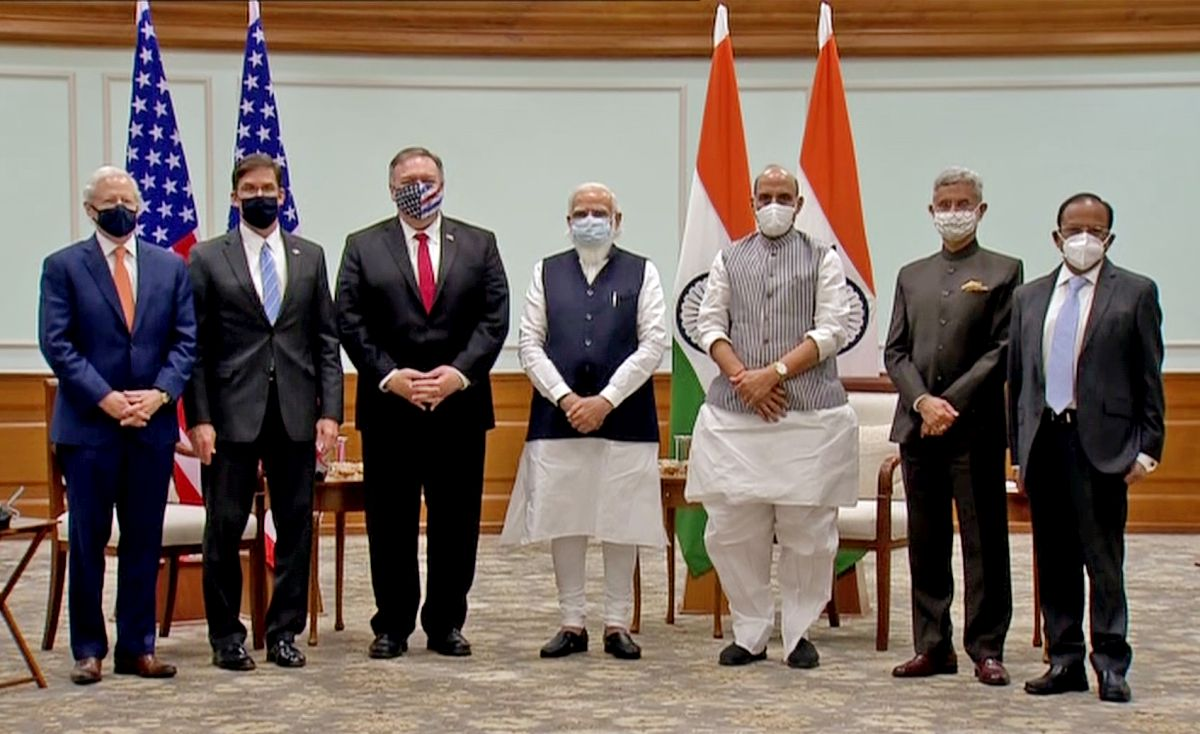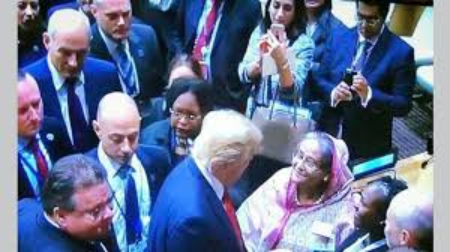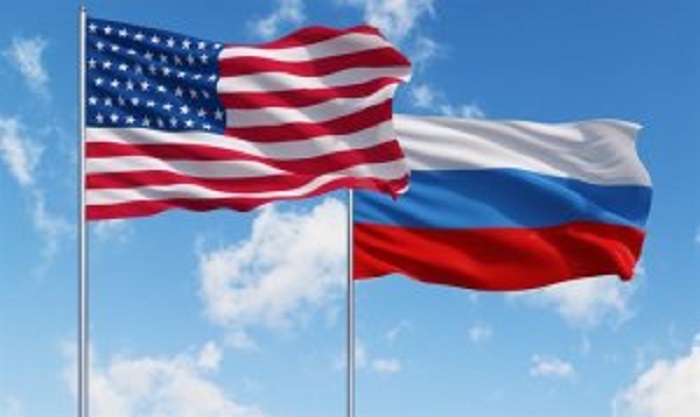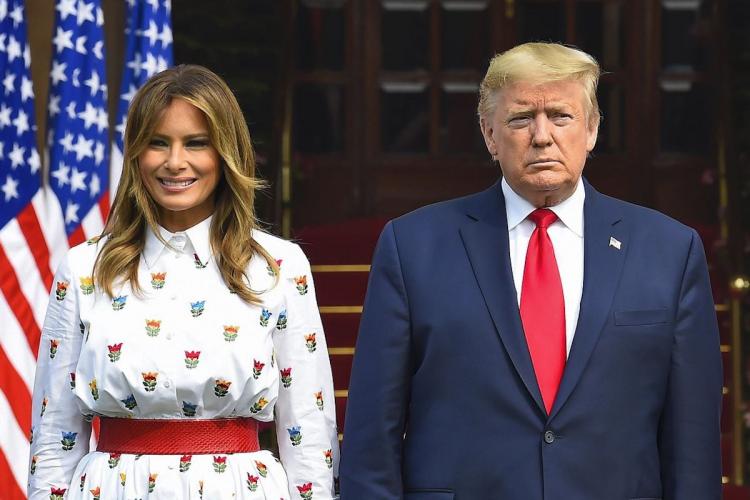The US Senate, on Tuesday, confirmed Antony Blinken as America’s top diplomat, tasked with carrying out President Joe Biden’s commitment to reverse the Trump administration’s “America First” doctrine that weakened international alliances.
Senators voted 78-22 to approve Blinken, a longtime Biden confidant, as the nation’s 71st secretary of State, succeeding Mike Pompeo. The position is the most senior Cabinet position, with the secretary fourth in the line of presidential succession.
Blinken, 58, served as deputy secretary of State and deputy national security advisor during the Obama administration. He has pledged to be a leading force in the administration’s bid to reframe the U.S. relationship with the rest of the world after four years in which President Trump questioned longtime alliances. Blinken is expected to start work on Wednesday after being sworn in, according to State Department officials.
“American leadership still matters,” Blinken told the Senate Foreign Relations Committee at his January 19 confirmation hearing. He further added, “The reality is, the world simply does not organize itself. When we are not engaged, when we are not leading, then one of two things is likely to happen. Either some other country tries to take our place, but not in a way that is likely to advance our interests and values, or maybe just as bad, no one does and then you have chaos.”
Also Read: Trends in US foreign policy- which archetype might Biden fit in
Blinken vowed that the Biden administration would approach the world with both humility and confidence, saying, “We have a great deal of work to do at home to enhance our standing abroad.” Despite promising renewed American leadership and an emphasis on shoring up strained ties with allies in Europe and Asia, Blinken told lawmakers that he agreed with many of Trump’s foreign policy initiatives. He backed the so-called Abraham Accords, which normalized relations between Israel and several Arab states, and a tough stance on China over human rights and its assertiveness in the South China Sea. He did, however, signal that the Biden administration was interested in bringing Iran back into compliance with the 2015 nuclear deal from which Trump withdrew in 2018.
Also Read: The plausible link between the Abraham Accords & the Afghan peace process
Trump’s secretaries of State nominees met with significant opposition from Democrats. Trump’s first nominee for the job, former ExxonMobil CEO Rex Tillerson, was approved by a 56 to 43 vote and served only 13 months before Trump fired him by tweet. His successor, Pompeo, was confirmed in a 57-42 vote. Opposition to Blinken centred on Iran policy and concerns among conservatives that he would abandon Trump’s “maximum pressure” campaign against Iran.
Blinken inherits a deeply demoralized and depleted career workforce at the State Department. Neither Tillerson nor Pompeo offered strong resistance to the Trump administration’s attempts to gut the agency, which were thwarted only by congressional intervention. Although the department escaped proposed cuts of more than 30% of its budget for three consecutive years, it has seen a significant number of departures from its senior and rising midlevel ranks. Many diplomats opted to retire or leave the Foreign Service given limited prospects for advancement under an administration that they believed did not value their expertise.
A graduate of Harvard University and Columbia Law School and a longtime Democratic foreign policy presence, Blinken has aligned himself with numerous former senior national security officials who have called for a major reinvestment in American diplomacy and renewed emphasis on global engagement.
Blinken has served on the National Security Council during the Clinton administration before becoming staff director for the Senate Foreign Relations Committee when Biden was chair of the panel. In the early years of the Obama administration, Blinken returned to the NSC and was then-Vice President Biden’s national security advisor before he moved to the State Department to serve as deputy to the then Secretary of State John Kerry, who is now serving as special envoy for climate change.
(Associated Press)


